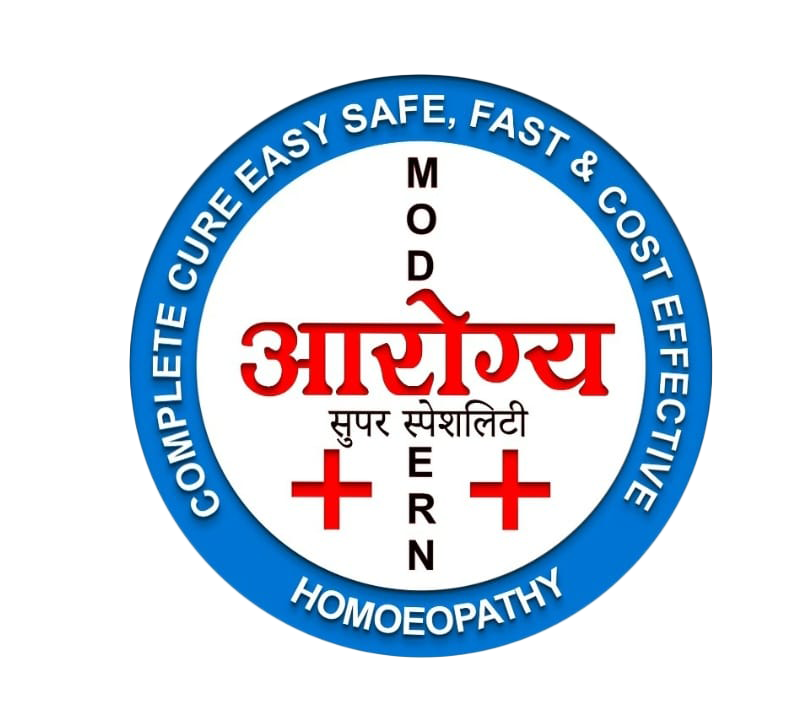Aplastic anemia
Aplastic anemia is a condition that occurs when your body stops producing enough new blood cells. Aplastic anemia leaves you feeling fatigued and with a higher risk of infections and uncontrolled bleeding. What Is Aplastic Anemia? Aplastic anemia (a-PLAS-tik uh-NEE-me-uh) is a blood disorder in which the body's bone marrow doesn't make enough new blood cells. Bone marrow is a sponge-like tissue inside the bones. It makes stem cells that develop into red blood cells, white blood cells, and platelets (PLATE-lets). Red blood cells carry oxygen to all parts of your body. They also carry carbon dioxide (a waste product) to your lungs to be exhaled. White blood cells help your body fight infections. Platelets are blood cell fragments that stick together to seal small cuts or breaks on blood vessel walls and stop bleeding. It's normal for blood cells to die. The lifespan of red blood cells is about 120 days. White blood cells live less than a day. Platelets live about 6 days. As a result, your bone marrow must constantly make new blood cells. If your bone marrow can't make enough new blood cells, many health problems can occur. These problems include irregular heartbeats called arrhythmias (ah-RITH-me-ahs), an enlarged heart, heart failure, infections, and bleeding. Severe aplastic anemia can even cause death. Aplastic anemia is a type of anemia. The term "anemia" usually refers to a condition in which your blood has a lower than normal number of red blood cells. Anemia also can occur if your red blood cells don't contain enough hemoglobin (HEE-muh-glow-bin). This iron-rich protein helps carry oxygen to your body. In people who have aplastic anemia, the body doesn't make enough red blood cells, white blood cells, and platelets. This is because the bone marrow's stem cells are damaged. (Aplastic anemia also is called bone marrow failure.) Many diseases, conditions, and factors can damage the stem cells. These conditions can be acquired or inherited. "Acquired" means you aren't born with the condition, but you develop it. "Inherited" means your parents passed the gene for the condition on to you. In many people who have aplastic anemia, the cause is unknown.

